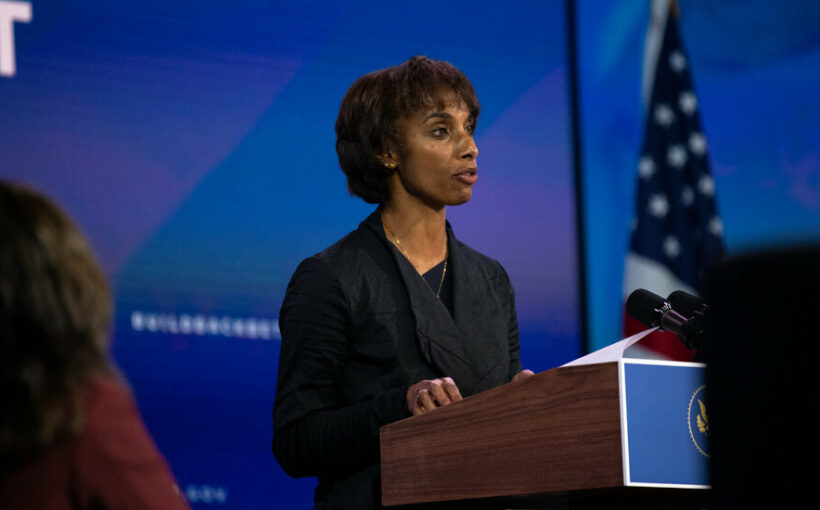The Senate voted on Tuesday to confirm Cecilia Rouse, a Princeton University economist, as the chair of President Biden’s Council of Economic Advisers, making her the first Black leader of C.E.A. in its 75-year history.
The final vote was 95 to 4.
Dr. Rouse is the dean of the Princeton School of Public and International Affairs, and a former member of the council under President Barack Obama. Her academic research has focused on education, discrimination and the forces that hold some people back in the American economy. She won widespread praise from Republicans and Democrats alike in her confirmation hearing, with senators on the Banking Committee voting unanimously to send her nomination to the full Senate.
She will assume her post amid an ongoing economic and public health crisis created by the coronavirus- pandemic, and in the waning days of congressional debate on a $1.9 trillion economic aid package that Mr. Biden has made his first major legislative priority.
But in interviews and her hearing testimony, Dr. Rouse has made clear that she sees a larger set of priorities as C.E.A. chair: overhauling the inner workings of the federal government in order to promote racial and gender equity in the economy.
“As deeply distressing as this pandemic and economic fallout have been,” she said in her hearing, “it is also an opportunity to rebuild the economy better than it was before — making it work for everyone by increasing the availability of fulfilling jobs and leaving no one vulnerable to falling through the cracks.”
One of her initiatives as council chair will be to audit the ways in which the government collects and reports economic data, in order to break it down by race, gender and other demographic variables with the goal of improving the government’s ability to target economic policies to help historically disadvantaged groups.
“We want to design policies that will be economically effective,” Dr. Rouse said in an interview this year. Asked how she would judge effectiveness, she replied, “It’s by keeping our eye on this ball, and asking ourselves, every time we look at a policy, what are the racial and ethnic impacts?”
Source: Read Full Article
